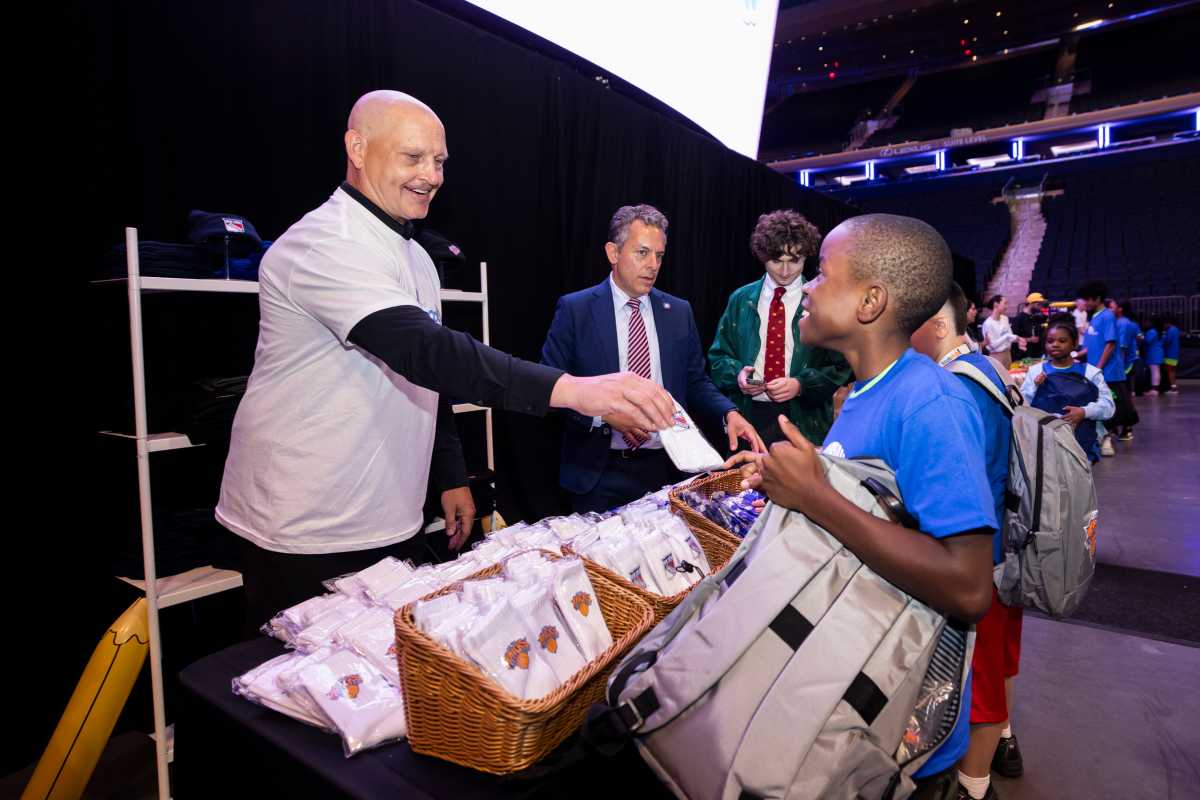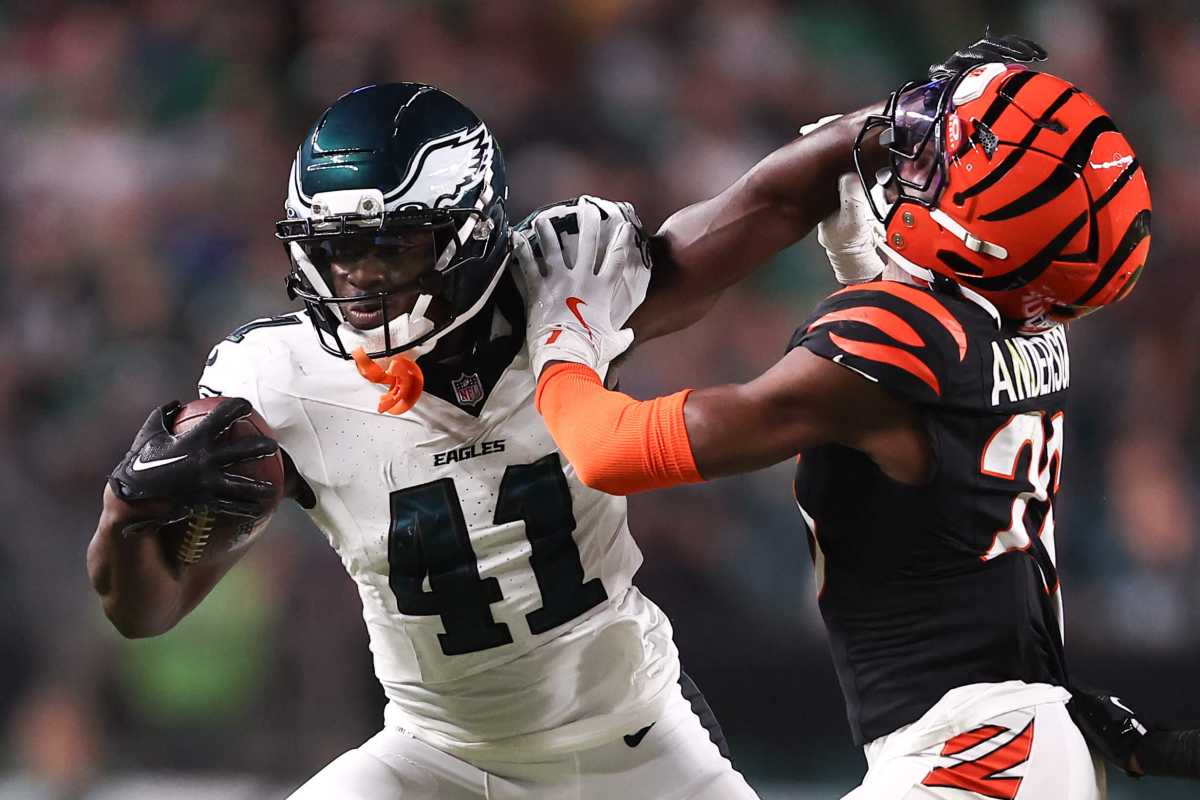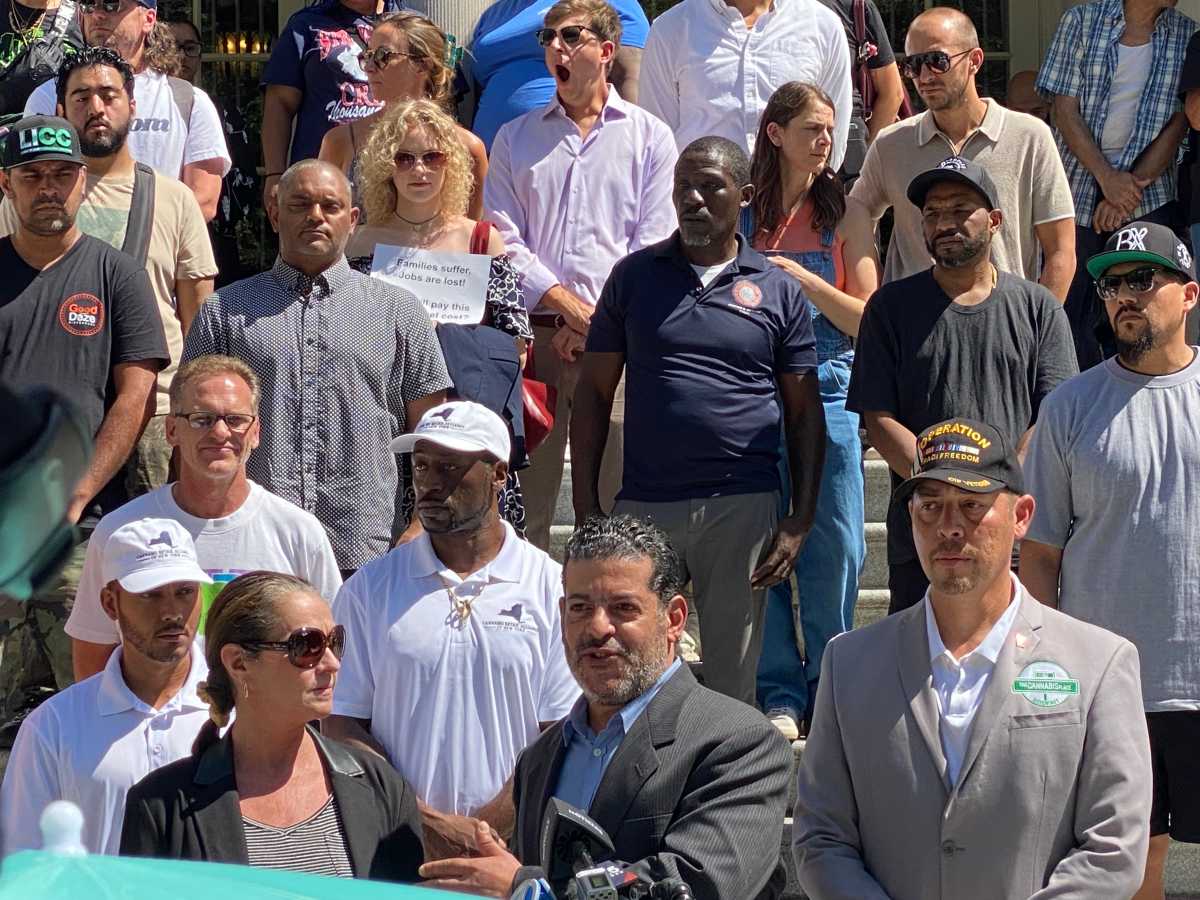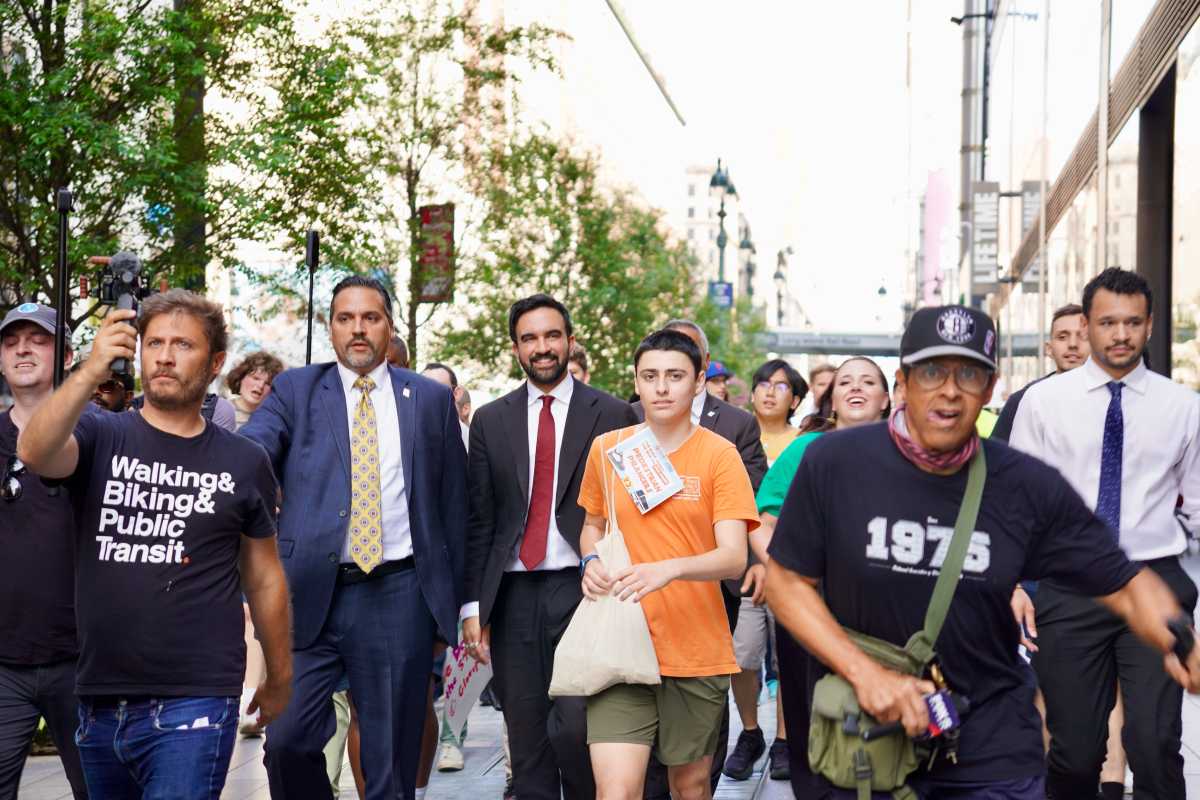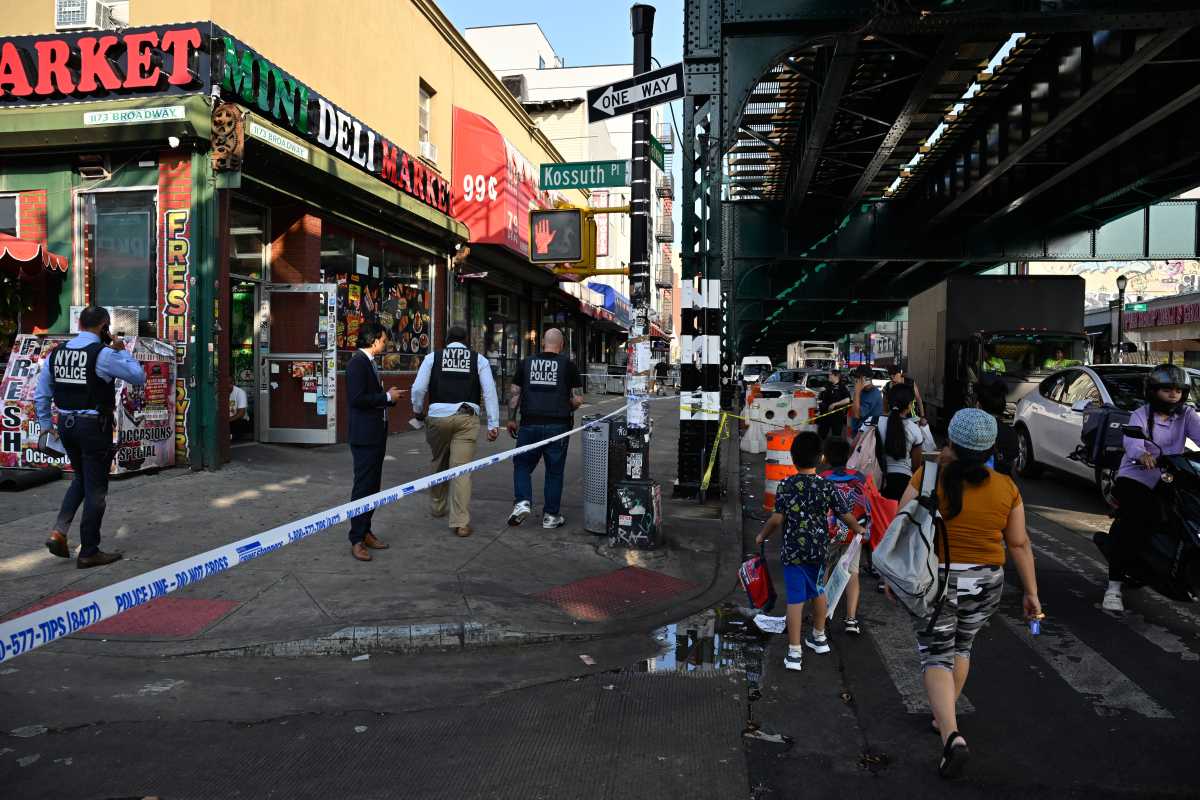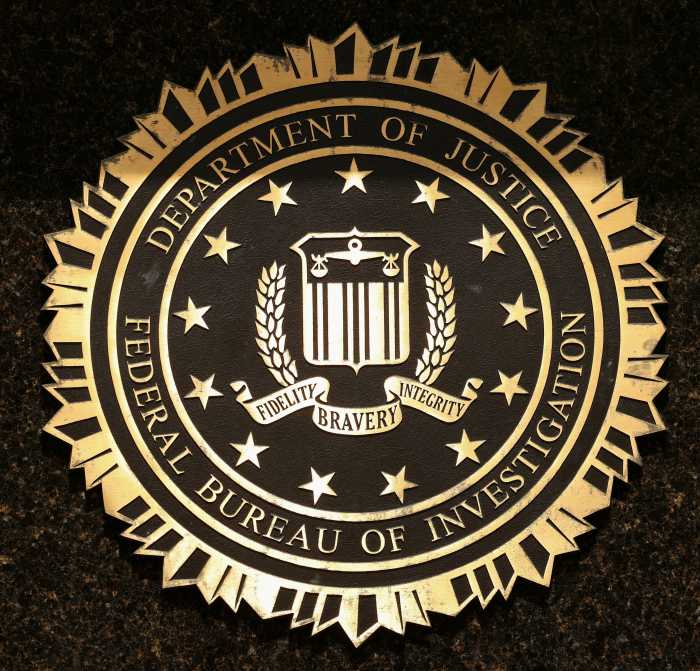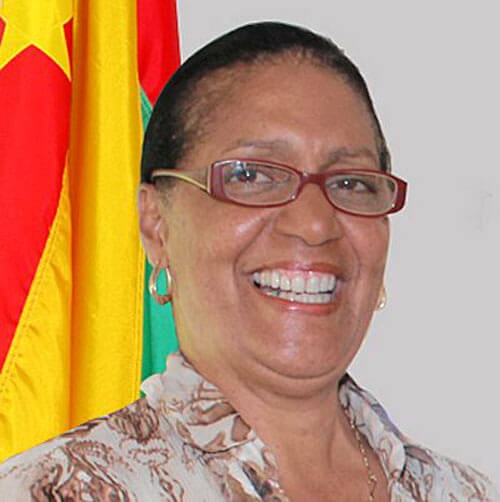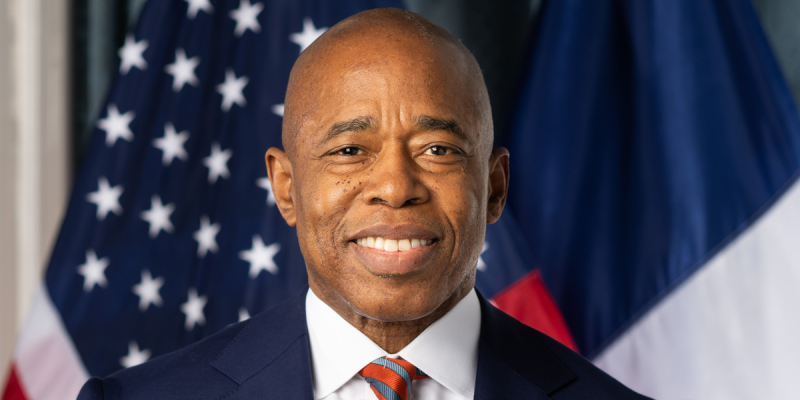NEW YORK (Reuters) – Jury deliberations in British socialite Ghislaine Maxwell’s sex abuse trial came to a close without a verdict on Tuesday, as jurors reviewed testimony of women who said she set them up for abuse by financier Jeffrey Epstein when they were teenagers.
Maxwell, 59, is accused of recruiting and grooming four teenage girls for Epstein to abuse between 1994 and 2004. She has pleaded not guilty to six counts of sex trafficking and other crimes.
The jury in federal court in Manhattan began deliberations late Monday afternoon after three weeks of emotional testimony from the four accusers. Deliberations will resume on Wednesday.
Maxwell’s attorneys have argued that she is being scapegoated for Epstein’s crimes because the globetrotting investor – Maxwell’s former boyfriend and employer – killed himself in a Manhattan jail cell in 2019 at the age of 66 while awaiting trial on sex abuse charges.
Along with the trials of movie producer Harvey Weinstein and singer R. Kelly, Maxwell’s case is among the highest-profile trials to take place in the wake of the #MeToo movement, which encouraged women to speak out about sexual abuse by famous and powerful people.
In a note sent to U.S. District Judge Alison Nathan on Tuesday, the jury asked to review a 2007 FBI deposition referenced during the testimony of Carolyn, the first name of a woman who said Maxwell set her up for abuse by Epstein when she was 14 years old.
Carolyn’s case underlies the sex trafficking charge against Maxwell, since she said Maxwell sometimes handed her cash after she gave Epstein erotic massages and sent her gifts from out of state. The sex trafficking charge carries a maximum prison sentence of 40 years, the heaviest of the six counts.
Federal law bars recruiting or transporting anyone under 18 to participate in a “commercial sex act.” The trafficking charge does not require the child to be transported across state lines.
Maxwell defense attorney Jeffrey Pagliuca questioned Carolyn about the deposition on cross-examination, asking why her testimony in some instances differed from what she had earlier told law enforcement.
The deposition itself was never entered into evidence as part of the trial, so Nathan said she could not provide them with it. She said they can review the transcript of Carolyn’s testimony about the deposition.
Maxwell’s attorneys have focused their defense largely on undermining the credibility of the accusers, arguing that their memories have faded over time and they are motivated by money to cooperate with prosecutors. All four women received million-dollar payouts from a victims’ compensation fund run by Epstein’s estate.
Jurors also asked whether they could consider the testimony of Annie Farmer, who said Maxwell touched her bare breasts at Epstein’s New Mexico ranch when she was 16. Maxwell is charged with two counts of conspiring to help underage girls travel for the purpose of “illegal sex acts.” The judge told jurors they could consider Farmer’s testimony.
Maxwell could be sentenced to up to 70 years in prison for the six counts she faces. She also faces two perjury counts that will be tried separately.
(Reporting by Luc Cohen in New York; Editing by Noeleen Walder, Mark Porter and Grant McCool)


















